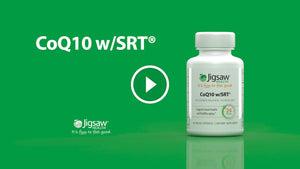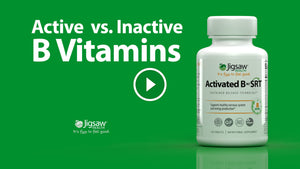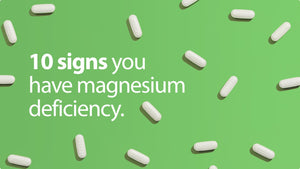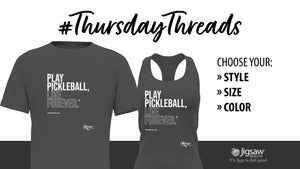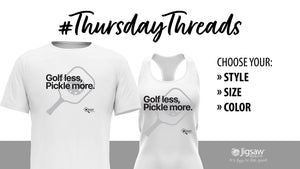If you have ever struggled through a bag of fat-free chips or a bowl of fat-free
ice-cream, thinking that you were doing your body some good, rejoice because you
can toss those foods in the trash can. Whenever you eat those fat-free foods, do
you ever feel like you
can't shake the feeling that something is missing? Well, that's because something
your body needs is gone.
While there has been some back-and-forth movement in medical literature on
whether fat is good for you or not, recent medical discoveries place the ball firmly in
the court of fat being good for humans. The issue, we have learned, is
not so much how much fat you are eating, but what type you are eating.
So while we wouldn't suggest that you go out and munch a bag of fat-filled
potato chips, there are fats and oils that can be added to your diet that not
only taste good, but are good for you. And, if you are interested in actually
losing weight, there are some special types of fat that researchers are
discovering actually help you loose weight.
Fats fill needs
Fats make up one of the three essential macronutrients that go into making
humans (the other two are proteins and carbohydrates). Fats are essential for
proper functioning of your body.
Fats fill these vital roles:
- Every cell in your body is encapsulated in a fatty membrane, making fats essential for proper cellular functioning.
- Fats make up the bulk of nervous tissue, including the brain.
- Fats are the backbone of many hormones, including estrogen, progesterone, testosterone, cortisol and many others.
With all this need for fat in our bodies, it is no wonder that we crave fats
in our diets and those fat-free chips taste like cardboard to us.
So, by now, you are probably ready to run out and fill up your shopping cart
with all sorts of fatty foods. But before you do that, let's take a moment to
look at which fats you are going to choose to put in your cart. The types of
fats you choose make a big difference if you want to stay healthy, especially if
you want to lose weight.
The Good
Coconut oil belongs to a type of saturated fats called
medium-chain
triglycerides (MCT). While saturated fats have gotten a bad rap, the saturated
fats that cause problems are the long-chain saturated fats found in meat and
dairy products. Medium-chain triglycerides, like coconut oil, are unique for
their ability to promote metabolism and assist in weight loss.
It has been known for a long time that fats make people feel full for longer
than if they eat carbohydrates or proteins. Scientists theorize that this has
something to do with how long a meal containing fats stays inside your stomach.
If you eat something like a peach or other fruit, it stays inside your stomach
for only 20 to 30 minutes, leading you to feel hungry sooner. Eating a meal with
fat or protein means that the meal stays in your stomach as long as 2 or 3
hours. Coconut oil helps people to feel full longer and reduces cravings and
snacking between meals.
Coconut oil is a great-tasting oil that has benefits beyond weight loss. People
who use it regularly report that their skin is softer and more supple, they eat
less because they feel full longer, and they have increased energy.
It is easy to add coconut oil into your diet. The oil is very stable and resists
spoiling, and is great in almost every meal where a fat is used. Many people
take a tablespoon or two before they eat to reduce their appetite. You can also
use coconut oil as you would any other oil, scramble your eggs, sauté vegetables
or even use it in place of butter in baking.
The Bad
While soy has been touted as the wonder-bean, good for anything that ails you,
it actually has a dark side. Soy bean and soy oil are well-known for their
ability to depress thyroid function. The
thyroid is responsible for basic
metabolism and decreased thyroid function leads to weight gain. Other oils, once
thought to be healthy, also depress thyroid function: peanut, safflower, and
corn oils.4
While studies in humans are generally lacking information on the relationship
between these oils and weight gain, we know that farmers (who study weight gain
more closely than even humans do) include safflower, peanut and corn oils in
their animal feed when they want to fatten up the livestock.
The Ugly
Trans-fatty acids have been in the news lately and many cities are acting fast
to remove them from their local restaurants. Trans-fatty acids are created when
certain oils are heated such as frying or when they are hydrogenated (as when
they are making margarine). Recent studies have shown that these types of oils
are very harmful for the heart by increasing
bad cholesterol (LDL)
and lowering
good cholesterol (HDL). You want to keep these types of oils out of your
shopping cart. Any food with
"hydrogenated oils" or "partially hydrogenated
oils" on the label (such as shortening or margarine) contain trans fatty acids
and should be avoided.
Too Good to be True?
Dietary choices often involve a tradeoff, foods either are good for you or they
taste good. Coconut oil is one food that tastes great and has wonderful benefits
for your body. As you look for fats to add to your shopping cart, remember to
avoid the Trans fats and many of the vegetables oils and instead choose a good
quality extra virgin organic coconut oil.
Cited Sources
1) St-Onge MP, Ross R, Parsons WD, Jones PJ:
Medium-chain triglycerides increase energy expenditure and decrease adiposity in
overweight men. Obes Res. 2003 Mar;11(3):395-402.
2) St-Onge MP, Jones PJ: Physiological effects of medium-chain triglycerides:
potential agents in the prevention of obesity. J Nutr. 2002 Mar;132(3):329-32.
3) Sutter F, Casutt MM, Ossowski DA, et al: Comparative evaluation of
rumen-protected fat, coconut oil and various oilseeds supplemented to fattening
bulls. 1. Effects on growth, carcass and meat quality. Arch Tierernahr.
2000;53(1):1-23.
4) M.T. See and J. Odle, Effect Of Dietary Fat Source, Level, And Feeding
Interval On Pork Fatty Acid Composition 1998-2000 Departmental Report,
Department of Animal Science, ANS Report No. 248 - North Carolina State
University








